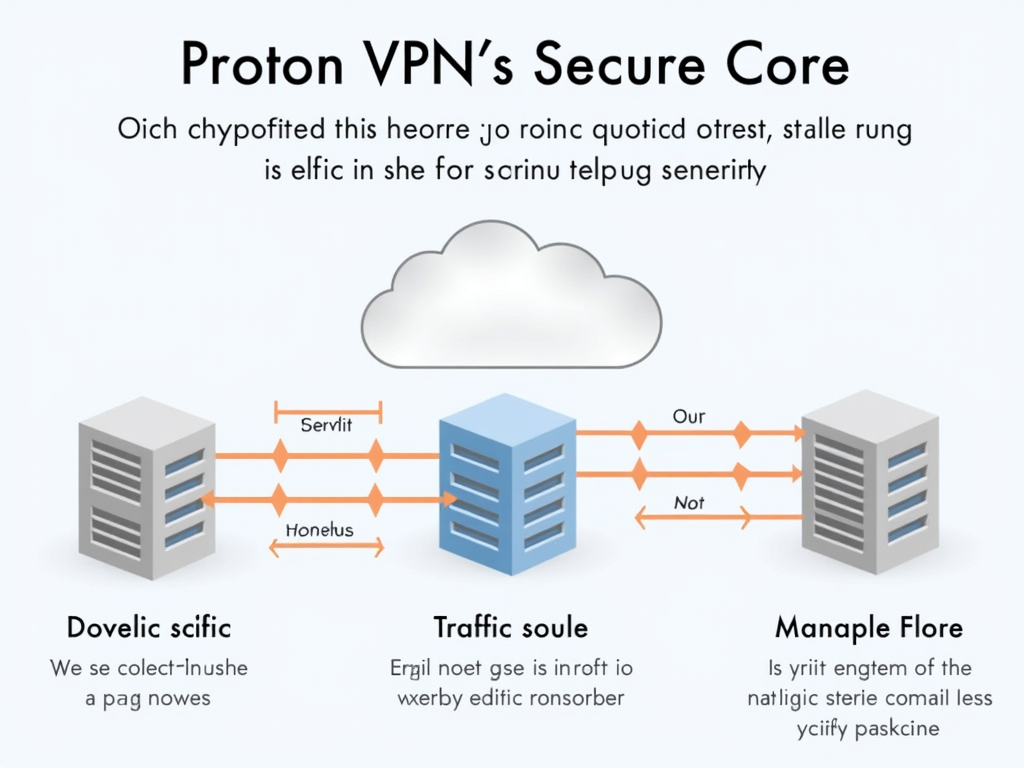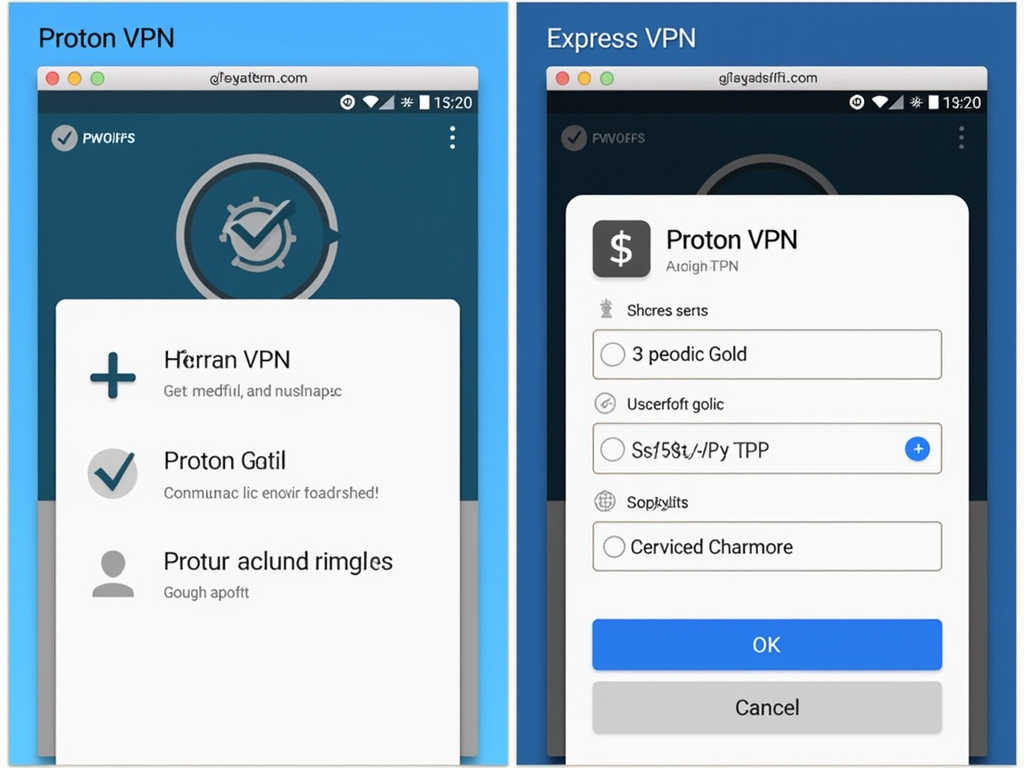Proton VPN vs Express VPN: Which Offers Better Security for Your Online Privacy?
In today's digital age, protecting your online privacy and security is more important than ever. With cyber threats on the rise and data breaches becoming increasingly common, using a Virtual Private Network (VPN) has become a necessity for many internet users. VPNs encrypt your internet connection, making it difficult for hackers, ISPs, and even governments to monitor your online activities.
Two popular VPN services that often come up in discussions about online security are Proton VPN and Express VPN. Both claim to offer top-notch security features, but which one truly provides better protection for your digital life? In this article, we'll compare Proton VPN and Express VPN across various security parameters to help you make an informed decision.

To determine which VPN is more secure, we need to look at several key factors:
-
Encryption Standards
-
Proton VPN uses AES-256 encryption, which is considered one of the strongest encryption methods available. It also supports Perfect Forward Secrecy (PFS), ensuring that even if a session key is compromised, past sessions remain secure.
-
Express VPN also employs AES-256 encryption and supports PFS. Additionally, it offers a choice of VPN protocols, including OpenVPN, IKEv2, and its proprietary Lightway protocol, which is designed for speed and security.
Both VPNs use industry-standard encryption, so they are on par in this aspect.
-
Logging Policies
-
Proton VPN is based in Switzerland, which has strong privacy laws. It has a strict no-logs policy, meaning it doesn't collect or store any information about your online activities. This has been independently audited and verified.
-
Express VPN is headquartered in the British Virgin Islands, which also has favorable privacy laws. It claims to have a no-logs policy, but there have been some controversies in the past regarding data retention. However, recent audits have confirmed that Express VPN does not log user activity.
While both VPNs have no-logs policies, Proton VPN's Swiss jurisdiction and transparent approach give it a slight edge in terms of trustworthiness.

-
Jurisdiction and Legal Considerations
-
As mentioned, Proton VPN is based in Switzerland, which is outside the jurisdiction of the EU and US. This means it's less likely to be subject to government surveillance or data requests.
-
Express VPN's location in the British Virgin Islands also provides some level of protection from intrusive laws. However, the BVI is a British Overseas Territory, which might raise concerns for some users.
Proton VPN's Swiss base offers a more robust legal framework for privacy protection.
-
Additional Security Features
-
Proton VPN offers features like Secure Core, which routes your traffic through multiple servers in privacy-friendly countries, adding an extra layer of security. It also provides Tor over VPN for anonymous browsing.
-
Express VPN includes a kill switch, split tunneling, and TrustedServer technology, which ensures that all data is wiped from servers upon reboot.
Both VPNs offer unique security features, but Proton VPN's Secure Core and Tor integration provide additional options for users who prioritize anonymity.

In my experience, both Proton VPN and Express VPN are reliable choices for securing your online activities. However, if you're particularly concerned about privacy and want the assurance of a VPN based in a country with strong privacy laws, Proton VPN might be the better option. Its transparent approach and additional security features make it a compelling choice for privacy-conscious users.
On the other hand, Express VPN is known for its fast speeds and user-friendly interface, making it a great choice for streaming and general browsing. If you're looking for a balance between security and performance, Express VPN could be the way to go.
In conclusion, both Proton VPN and Express VPN offer robust security features that can protect your online privacy. However, if security is your top priority, Proton VPN's Swiss jurisdiction, strict no-logs policy, and additional security features give it a slight edge over Express VPN.